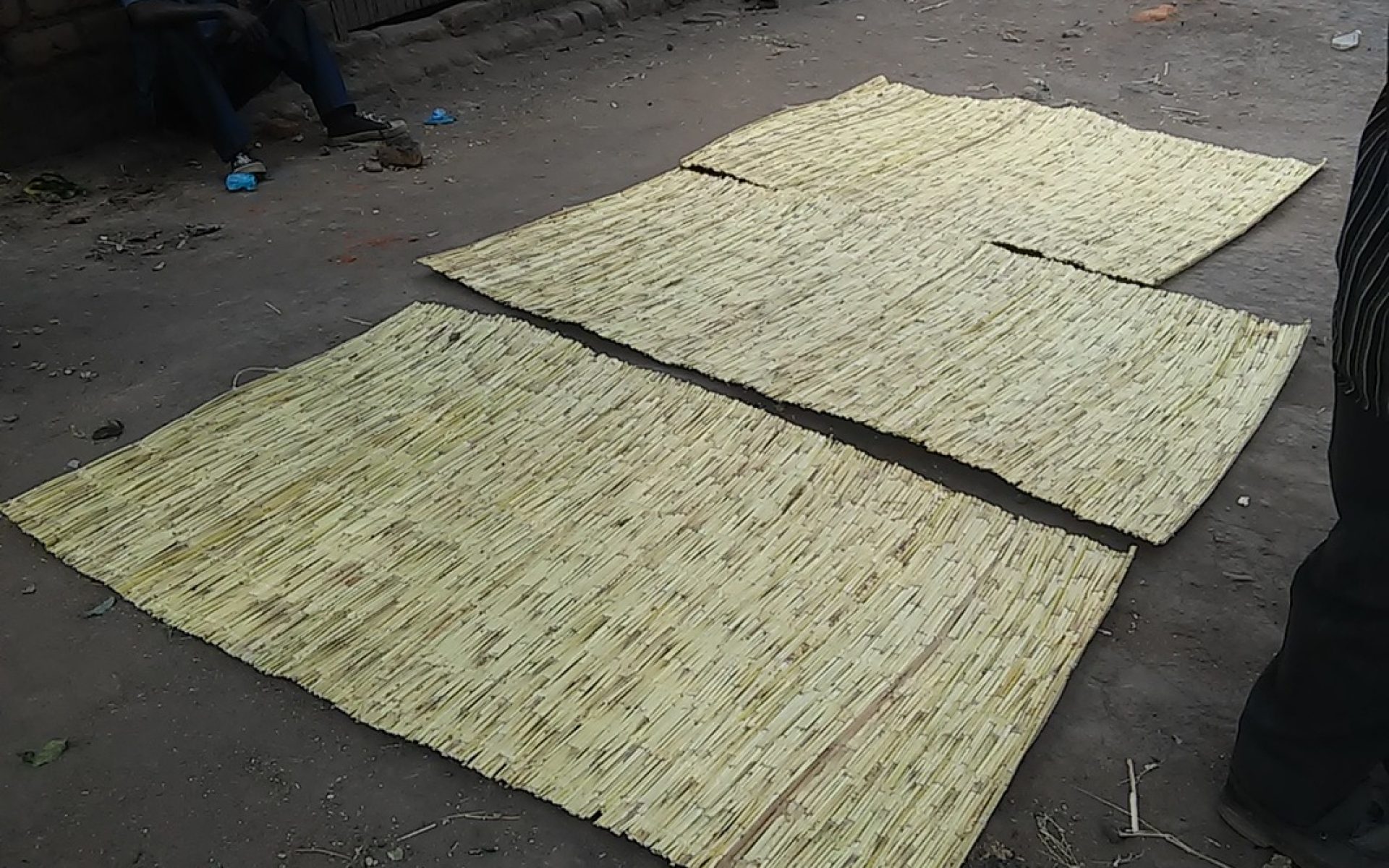Written by CorpsAfrica/Malawi Volunteer Mr. Limbani Kumanga
-Conor McGregor
Characterized by scorched vegetation following successive days of zero precipitation, the dry season is a difficult period for small-scale dairy farmers in Chiradzulu and surrounding districts – where most farmers, for various reasons, are not that good when it comes to stocking feeds for periods of scarcity. To find succulent green vegetation for their animals, farmers travel long distances on bikes in search of rivers and streams where they collect various species of vegetation, including immature reeds! This is where the connection between our inability to findmphasa at Kanje market and the hot dry season rests.
At the market, a friend of the only mphasa seller that we found uttered a powerful remark that got me thinking. He said: “Mphasa zikusowa chifukwa cha zitsiru zomwe zikuweta ng’ombezi. Mabango onse adyetsa ng’ombe. Zikapitilira zimenezi, mphasa zizasiya kupezeka. Ndichitukuko cha mtundu wanji chimenechi? [It is extremely difficult to find mphasa these days because of the imbecile that are stocking dairy cattle. If this trend remains unchecked, the mphasa industry will cease to exist. What kind of development is this?]”. To add context to the translated quote, I should mention that most dairy farmers in the region, most who are based in Thyolo but collect green feeds in Chiradzulu rivers and streams, are beneficiaries of several development initiatives from the government and NGOs that distribute livestock to diversify household income generation.
Since most people can’t afford a bed or chairs, mphasa is a very important household commodity here. Therefore, the unavailability of reeds along river banks is an issue of considerable concern. At the very least, the dearth of reeds translates to the scarcity of raw materials for making mphasa, which makes mphasa an exorbitant commodity on the market. Where will people sleep if they can’t have a mphasa? Without the availability [or unaffordability] of mphasa, it is highly probable that some people may resort to sleeping on a bare floor. This would not be a nice outcome.
Did dairy farming come to take over from the mphasa industry? I hope not. But how do we ensure that dairy farming thrives without compromising the mphasa industry in the region? Of course, a quick response would be training local dairy farmers how to preserve enough fodder for the dry season, which, based on recent rainfall patterns, ends around mid December. But who is responsible for the training? And what if these farmers were already trained how to preserve feeds for periods of chronic scarcity? What does one do in this case? If you can, feel free to leave comments on this post on what you think should be the way forward.
Anyway, the three committee members and I went to look for mphasa for the community nursery school, which I talked about in a couple of my initial entries such as this one. After several frustrating delays, the school got inaugurated today and it is my sincere hope that the school, despite the current unavailability of numerous basic necessities, will help to transform education prospects in Likoswe village. At the moment, kids sit on a bare cement floor, which seems to be okay with most local parents. Some of us, though, are not contend with this. Nevertheless, in my opinion, Likoswe, my community, is in dire need of the many potential outcomes that this nursery school is here to accomplish. Let me stop here.
Morocco, are you ready for the crew? Chill out though, ’cause we not coming to take over.

